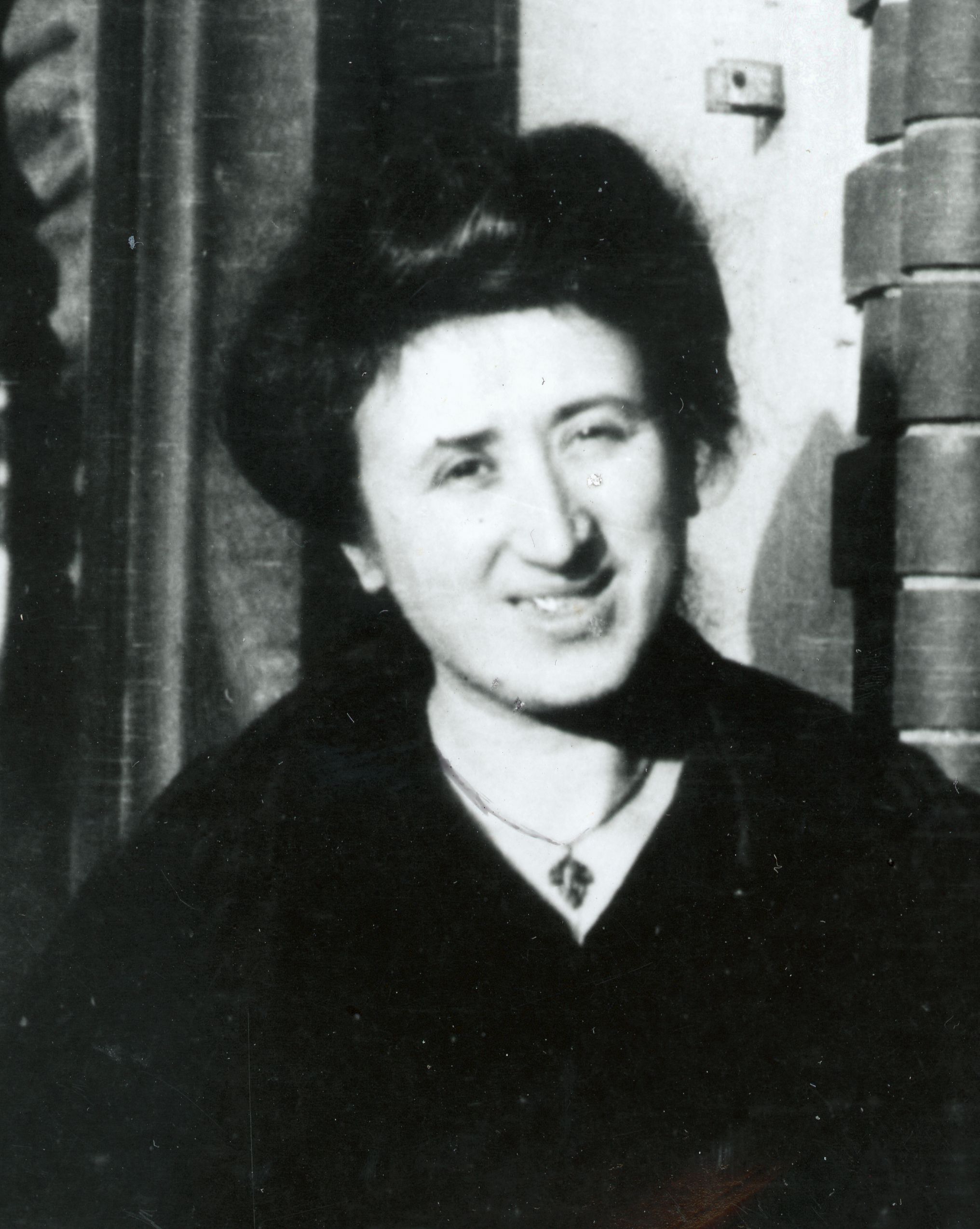Isn't the Radical Left Atheist?
A common misconception of communists and anarchists is that we are all atheists (maybe even hateful to theist beliefs). While most leftists are secularists, wanting the religious faiths to be separate from governing all of society (certainly the
state), we are not all atheists. Like the anarchist Leo Tolstoy, many of the most respected and well loved figures on the left came to the ideas of liberation through their religious faith.
That being said, many leftists have been outspoken against religion, and leftists have made some of the strongest critiques of religion that exist. As with many things, we are not all the same. Below are some leftists of religious backgrounds, as well as a round up of some leftist critiques of religion, as well as a clarification of Marx's famous "opiate of the masses" line.
Liberation Theology

Liberation theology is a religious (mainly Catholic) and political doctrine advocating socialist (in
some cases social democratic) transformation of society, and it does so from an imperative to help the poor and the suffering as taught in the Christian Bible. The Catholic church has officially dismissed the theology, but this has not stopped its influence in world events.
Especially in South America since the mid-20th century, religious people have made up a large portion of leftist revolutionary movements and resistance against imperialism and fascism.
Famous Leftists from the Civil Rights Era
The Civil Rights Era was not only a victory for justice, it started among radical left circles in the United States. From the movement came many prominent religious leaders whose political ideals fall on the left. The two most notable names are Martin Luther King, Jr and Malcolm X.
Martin Luther King, Jr. was not only religious, he was a Baptist preacher. By the end of his life, MLK considered economic oppression to be the root of the evil he saw in society, and he was organizing the
Poor People's Campaign to bring about a (peaceful) revolution towards socialism.
You show me a capitalist, and I'll show you a bloodsucker. -- Malcolm X
Malcolm X was another religious leader and radical leftist who arose from the civil rights movement and the early black power movement.
Religion in Really Existing Socialism
The treatment of religious institutions under
really existing socialism has given many people the idea that the left is inherently against religion. Much of the thought behind the secularization of many of these states involved
promoting materialist philosophy and socializing the great wealth of many churches.
Marxism and Religion
A lot of anti-left propaganda likes to say that we are all atheists, and much of this comes down to the famous quote of Karl Marx:
Marx was a materialist, meaning he believed nothing being the physical existed. He therefore rejected religion as false, but that is not the point of this quote. Religion, in its promise to the poor and exploited (the very people who benefit from a communist revolution), are promised happiness in another realm, it cures the fears of death and the dissatisfaction with life.
So while Marxists are all atheists, not all leftists (or communists) are Marxists.
Note: if anyone has a good place to point me to find radical leftists in other religions (I'm certain of many brave Muslim leftists) please message me.

